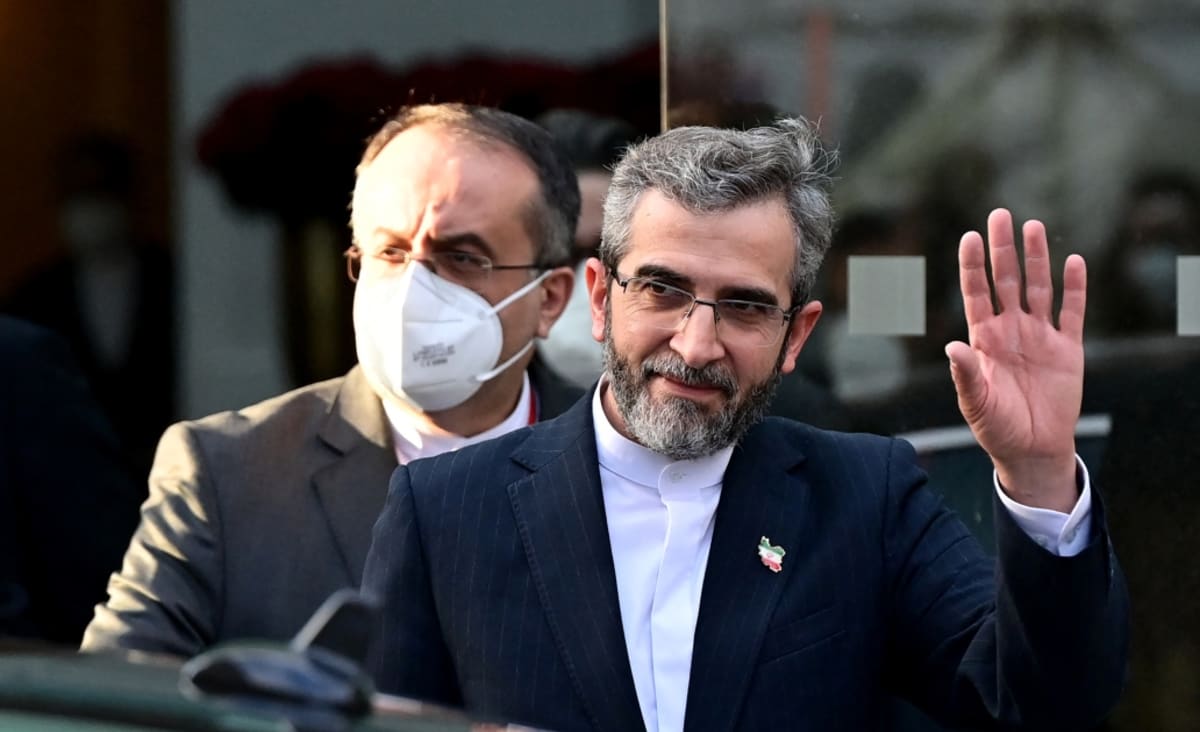
www.aljazeera.com
Where does Iran’s nuclear deal stand after seven rounds of talks?
European delegations head back to capitals for consultations after submission of two proposals by Iranian side.
International
Tehran, Iran – All the signatories of the nuclear accord inked by Iran and world powers in 2015 say they want it restored as there is no viable alternative, but Iranian and Western definitions of a “good deal” to achieve that goal remain heavily at odds.
The seventh round of talks in Vienna ended on Friday, only to better expose the divide in the different sides’ approach to revive the Joint Comprehensive Plan of Action (JCPOA).
While the Iranian delegation said it has the mandate and will to remain in the Austrian capital to resume talks as long as necessary, the European missions called for a short pause to return to capitals for consultations.
The representatives are expected to head back to the Palais Coburg in Vienna later next week for round number eight.
Iran on Thursday put forth two documents to the JCPOA Joint Commission that also consists of negotiators from China, France, Germany, Russia and the United Kingdom. The Europeans then relayed the documents to the United States, which is participating indirectly as it unilaterally abandoned the accord in 2018 and re-imposed sanctions on Iran.
The documents detail Iran’s proposals on how to lift the sanctions and scale back down the country’s nuclear advances. The country had previously said it wants all sanctions imposed since 2018 lifted at once, whereas the US only wishes to lift sanctions “inconsistent” with the JCPOA, keeping in place human rights or “terrorism” designations.
A third document has also been prepared to be handed over soon, which details Iran’s demands for guarantees that the US will not abandon the deal again, and verification on lifting of sanctions.
Opposing rhetoric
The Europeans were left dismayed as they said the documents represent a maximalist stance by Iran, and walk back on many of the issues that were agreed upon by the administration of former President Hassan Rouhani in texts drafted by the end of the sixth round of talks in June. A new administration under President Ebrahim Raisi took office in Tehran in August.
A statement by senior European diplomats said some of the changes demanded by Iran in the documents were incompatible with the 2015 pact, and said it is “unclear how these new gaps can be closed in a realistic timeframe”.
US Secretary of State Anthony Blinken also said on Friday that Iran “does not seem to be serious about doing what is necessary” to restore the JCPOA, pledging to not let Iran drag out the negotiations while its nuclear programme advances.
In response to the European statement, Russia’s chief negotiator, Mikhail Ulyanov, said “disappointment seems to be premature” as changes are still possible.
























































